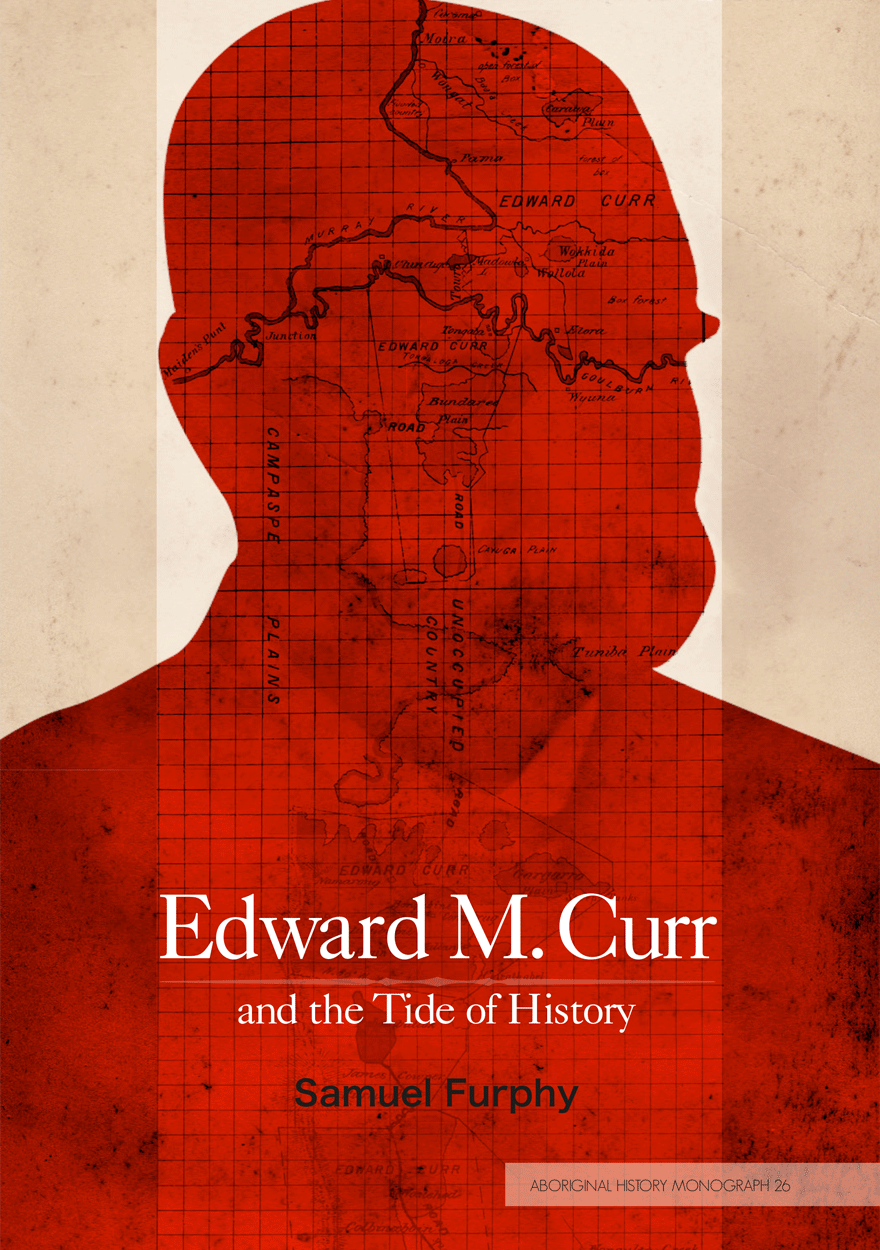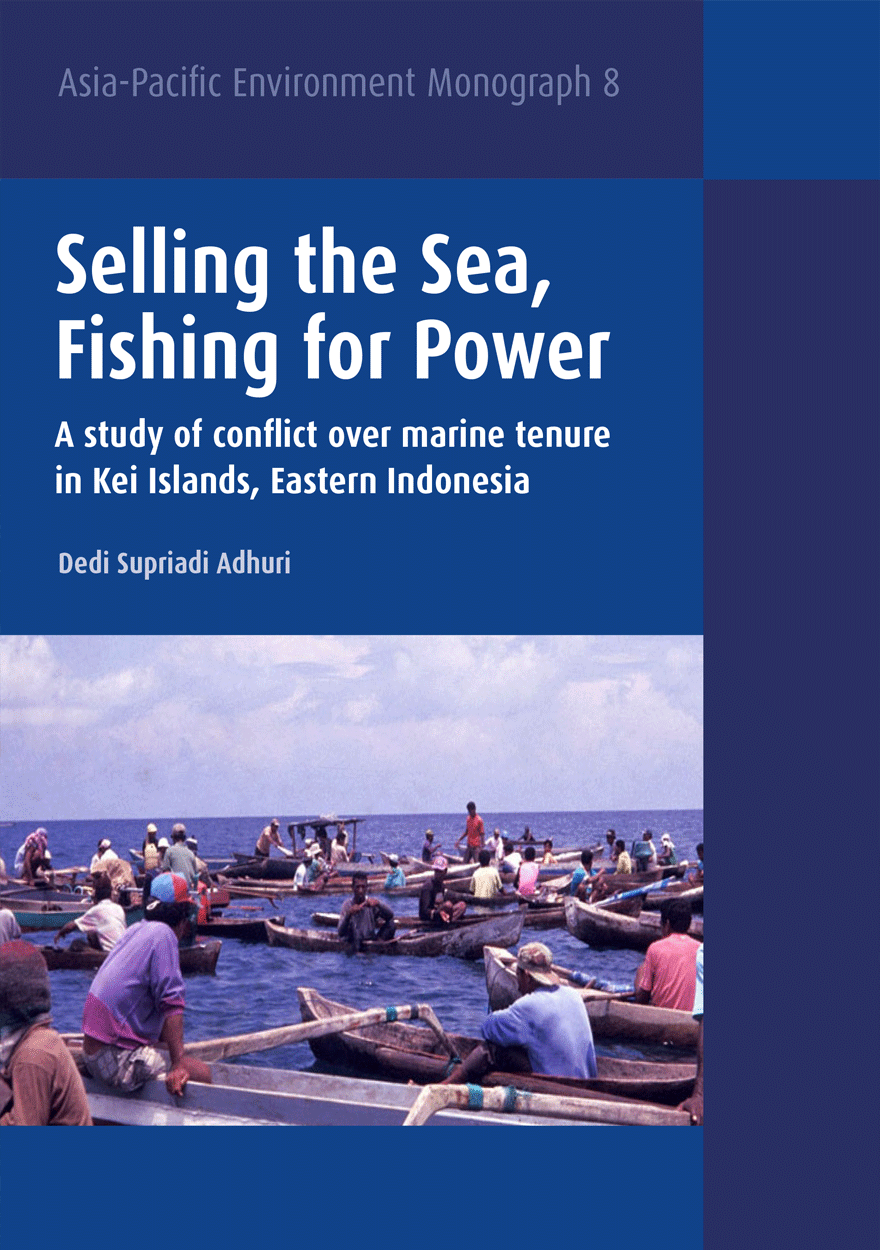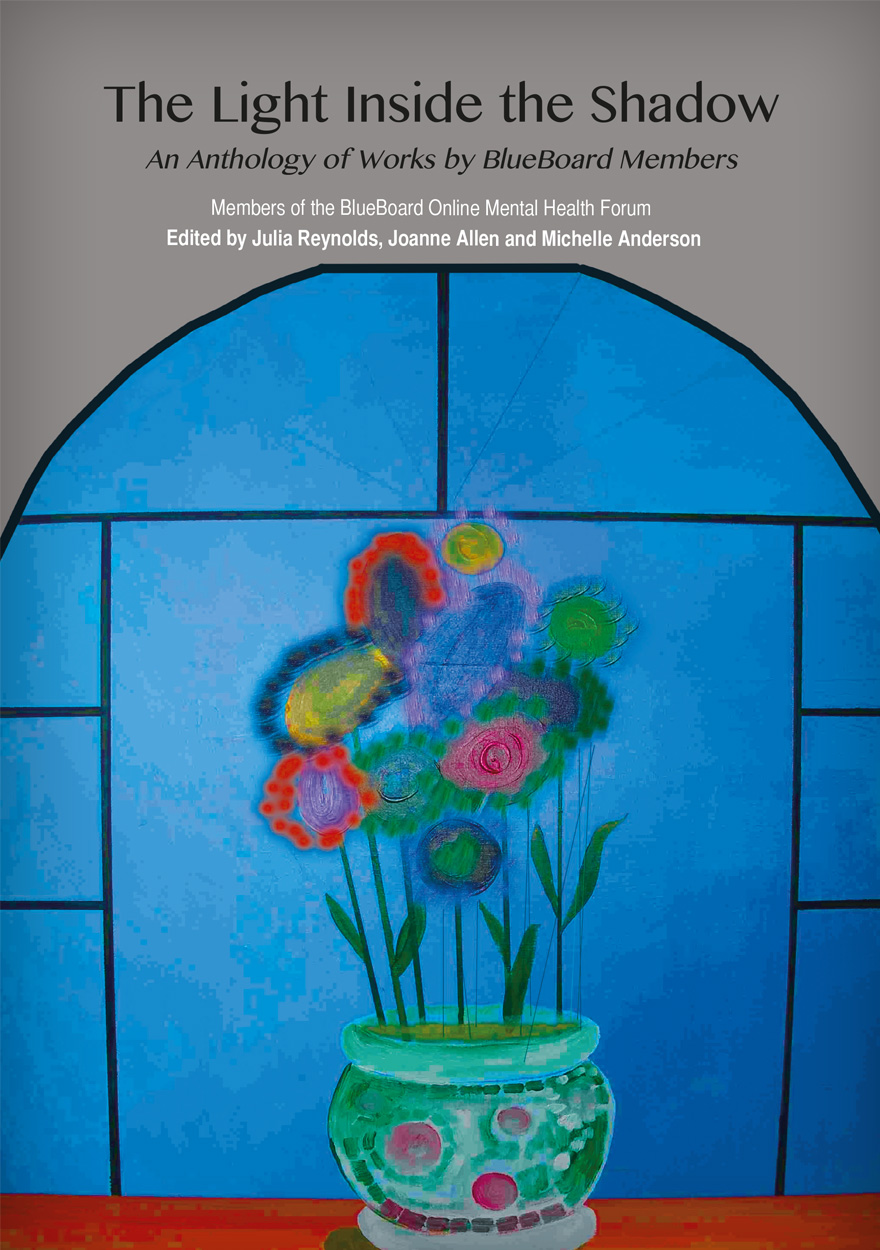Search titles
Displaying results 661 to 670 of 1137.

Edward M. Curr and the Tide of History »
Authored by: Samuel Furphy
Publication date: March 2013
Edward M. Curr (1820–89) was a pastoralist, horse trader, stock inspector, Aboriginal administrator, author and ethnologist. A prominent figure in the history of the Colony of Victoria, he rose to a senior position in the public service and authored several influential books and essays. He is best remembered for his nostalgic memoir, Recollections of Squatting in Victoria (1883), which has become a standard historical source.
This book is the first comprehensive biography of Curr and explores both his life and legacy. In particular, it considers his posthumous influence on the Yorta Yorta native title case (1994–2001), when his written account of the Yorta Yorta ancestors played a key role in the failure of the claim. By exploring Curr’s interactions with Aboriginal people—as a pastoralist and Aboriginal administrator—this book advocates a more nuanced, critical, and historically informed interpretation of Curr’s ethnological writings than was evident in the Yorta Yorta case.
For more information on Aboriginal History Inc. please visit aboriginalhistory.org.au.

The Governance of Common Property in the Pacific Region »
Edited by: Peter Larmour
Publication date: March 2013
In a region where mining, forestry, fish and other primary resources are so basic to income, employment and national prosperity, an understanding of rights to land, water and minerals is fundamental. Tenure regimes in the Asia-Pacific region are vastly more diverse and complex than in those of any other part of the world for comparable population numbers. These studies will overcome the simplistic misunderstandings that have obscured understanding in so many instances.
This book provides an up-to-date overview of the main patterns of indigenous property rights, particularly those held by corporate groups, in the South Pacific Forum region (Australia, New Zealand and the independent Pacific island nations) plus a valuable comparative chapter on Canada. It explores the relative success and failure of a variety of approaches to the management of these complex systems, and offers insights and suggestions for the amelioration of present and likely future stresses in the systems. It is a valuable contribution to the understanding of both governance and property, and to the effective sociopolitical development of the region.
- Ron Crocombe, Emeritus Professor, University of the South Pacific

Mr Tulsi's Store »
A Fijian journey
Authored by: Brij V. Lal
Publication date: March 2013
Professor Lal has been remarkably successful in combining scholarship with autobiography in Mr Tulsi’s Store. In the essays which cover the author’s childhood and education up to university, diligent scholarship combines with evocative autobiographical details to reveal a philosophical pattern that encompasses the experience of the descendants of all Indian indentured workers everywhere.
Professor Frank Birbalsingh
York University
Canada

Protection of intellectual, biological & cultural property in Papua New Guinea »
Edited by: Kathy Whimp, Mark Busse
Publication date: March 2013
Intellectual, biological and cultural property rights are a powerful and debatable topic. They offer the possibility for protection of rights to intangible resources, including the products of knowledge and creativity. The forces of globalisation have made this subject of immediate, international concern. Struggles for ownership of intellectual property occur between and within local and global arenas.
This book examines important questions which Papua New Guinea must ask in the development of intellectual property legislation. The chapters are written by specialists in the fields of medicine, law, the environment, music, genetics and traditional cultural knowledge.
The wise and creative protection of intellectual, biological and cultural property is important if Papua New Guinea is to successfully define and realise its future. This book is for all those interested in finding the best policies for protecting these rights wherever they may live and work.

Selling the Sea, Fishing for Power »
A study of conflict over marine tenure in Kei Islands, Eastern Indonesia
Authored by: Dedi Supriadi Adhuri
Publication date: March 2013
By analysing various conflicts, this book discusses the social, political, economic and legal attributes that are attached to the practice of traditional (communal) marine tenure. Selling the Sea pushes the discourse beyond the conventional approach which looks at marine tenure only as a means of resource management, and offers a more comprehensive understanding of what marine tenure is. For those working in the areas of marine resource management and fisheries, this book is a critical but also complementary reading to the conventional discourse on the issue.

Turnings »
Fiji Factions
Authored by: Brij V. Lal
Publication date: March 2013
Through Dr Lal’s refreshingly clear and powerful prose and sharply observed stories, we enter the inner world of Indo-Fijian feeling and aspiration. One universal that emerges with particular clarity in the Indo-Fijian experience is the ceaseless struggle to find community in a changing world, balancing the beauty of ritual and tradition against the transcendent value of education and modern rationality. The volume poses the question of how people draw upon historical memory and immediate circumstances to create a social world, and how that world can be shared with others in multicultural society. The answer seems to lie somewhere between history and poetry, as in Dr Lal’s ‘factions.’
Andrew Arno
University of Hawaii
at Manoa, Honolulu

East Asia Forum Quarterly: Volume 5, Number 1, 2013 »
Publication date: March 2013
East Asia Forum Quarterly grew out of East Asia Forum (EAF) online, which has developed a reputation for providing a platform for the best in Asian analysis, research and policy comment on the Asia Pacific region in world affairs. EAFQ aims to provide a further window onto research in the leading research institutes in Asia and to provide expert comment on current developments within the region. The East Asia Forum Quarterly, like East Asia Forum online, is an initiative of the East Asia Forum (EAF) and its host organisation, the East Asian Bureau of Economic Research (EABER) in the Crawford School of Economics and Government in the College of Asia & the Pacific at The Australian National University.
Download for free
Not available for purchase

Australian Politics in a Digital Age »
Authored by: Peter Chen
Publication date: February 2013
Information and communications technologies are increasingly important in the Australian political landscape. From the adoption of new forms of electoral campaigning to the use of networking technology to organise social movements, media technology has the potential to radically change the way politics is conducted and experienced in this country. The first comprehensive volume on the impact of digital media on Australian politics, this book examines the way these technologies shape political communication, alter key public and private institutions, and serve as the new arena in which discursive and expressive political life is performed. Employing a range of theoretical perspectives, empirical data, and case examples, the book provides insights on political behaviour of Australia’s elites, as well as the increasingly important politics of micro-activism and social media. Energetic and fast-paced, the book draws together a wide range of Australian and international scholarship on the interface between communications technology and politics. Crossing several genres, the book will find a wide audience amongst scholars of both politics and communication, among public relations professionals, and with members of the media themselves.

Conquering the Highlands »
A history of the afforestation of the Scottish uplands
Authored by: Jan Oosthoek
Publication date: February 2013
Deforestation of Scotland began millennia ago and by the early 20th century woodland cover was down to about 6 per cent of the total land area. A century later woodland cover had tripled. Most of the newly established forestry plantations were created on elevated land with wet peaty soils and high wind exposure, not exactly the condition in which forests naturally thrive. Jan Oosthoek tells in this book the story of how 20th century foresters devised ways to successfully reforest the poor Scottish uplands, land that was regarded as unplantable, to fulfil the mandate they had received from the Government and wider society to create a timber reserve. He raises the question whether the adopted forestry practice was the only viable means to create forests in the Scottish Highlands by examining debates within the forestry community about the appearance of the forests and their longterm ecological prospects. Finally, the book argues that the long held ecological convictions among foresters and pressure from environmentalists came together in the late 20th century to create more environmentally sensitive forestry.

The Light Inside the Shadow: An Anthology of Works by BlueBoard Members »
Edited by: Julia Reynolds, Joanne Allen, Michelle Anderson
Publication date: January 2013
BlueBoard is an online community for people concerned about mental health problems including depression, bipolar disorder, anxiety, eating disorders, borderline personality and related disorders. There are forums for people working on their own recovery and for friends and family members. The aim of BlueBoard is to enable people to reach out and both offer and receive help. BlueBoard is free, anonymous and available at any time from around the world. The delivery of BlueBoard is supported by funding from the Australian Department of Health.



